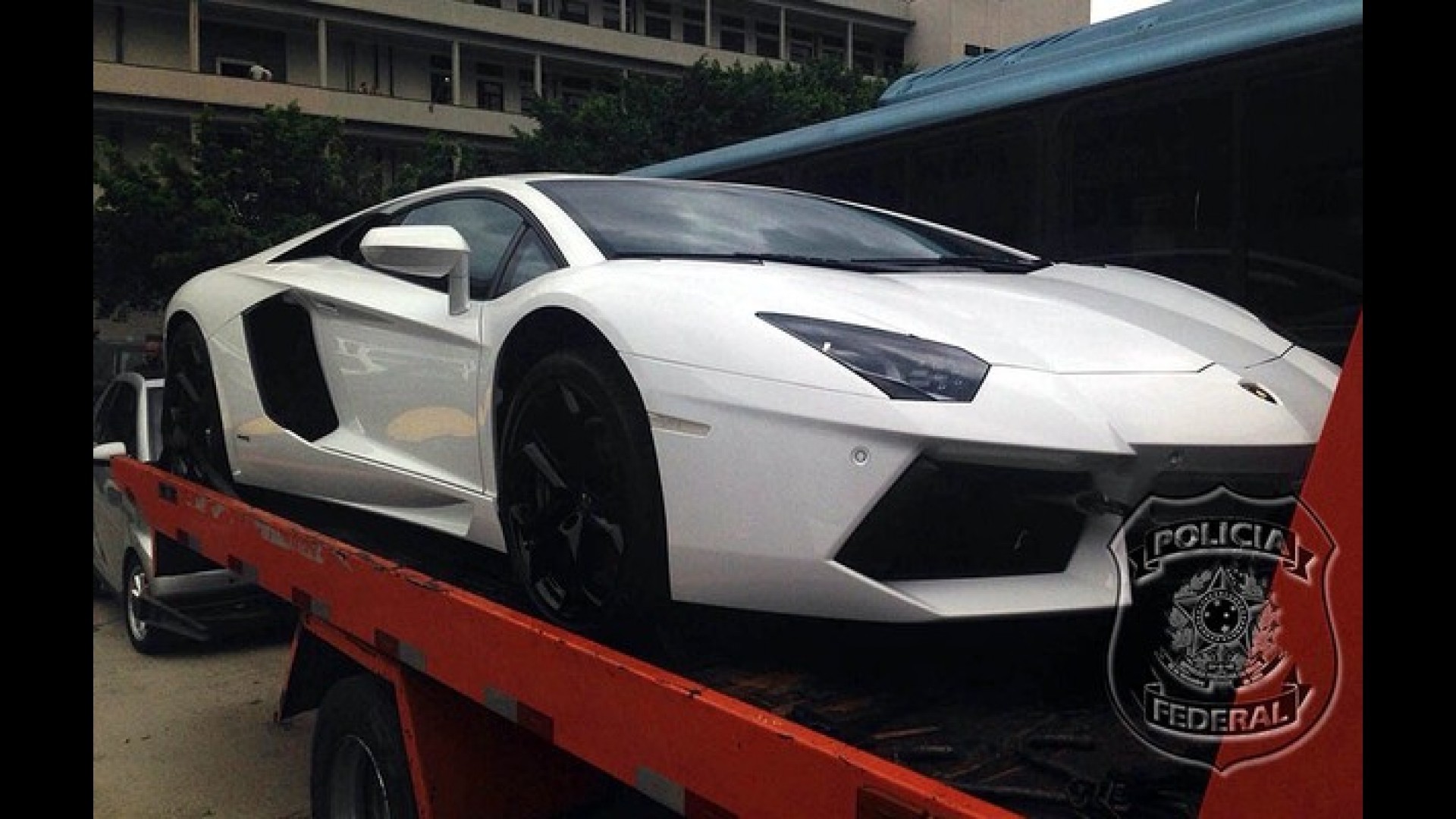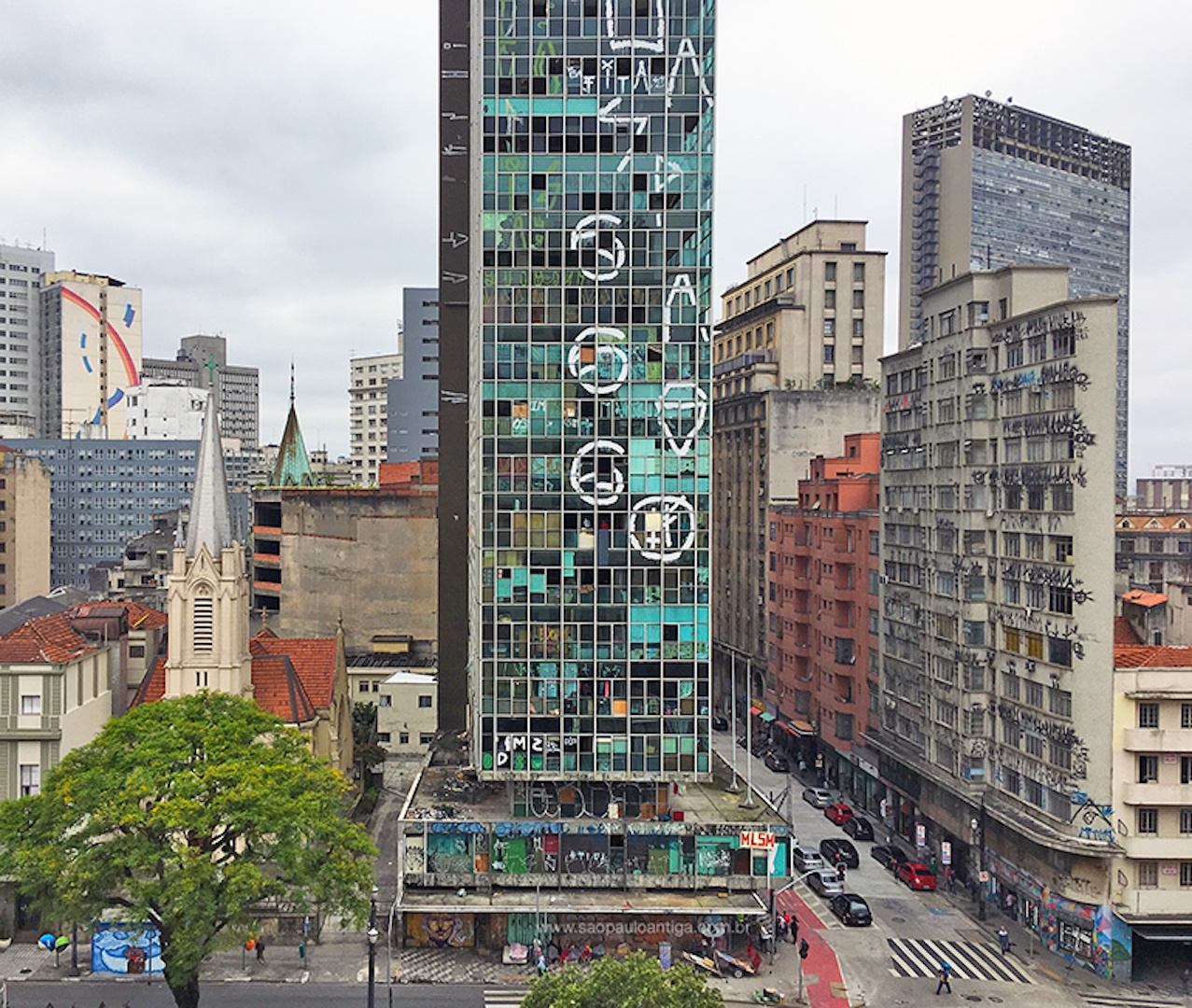SÃO PAULO, BRAZIL – Brazil’s federal government has decided to sell off more than 750,000 properties and assets, to gain cash flow. The ambitious plan expects the sales will raise over R$1 trillion (US$ 250 billion), say government officials.

“The Brazilian federal government is perhaps the largest real estate owner in the world,” privatization Secretary Salim Mattar said last week at a seminar. According to Mattar, the government’s goal is to sell most of this real estate to the private sector.
Mattar said that recently the Ministry of Infrastructure handed his office 44,000 railway network properties to be sold, including small train stations and warehouses.
The Social Security department delivered another 44,000 assets while the Ministry of Agriculture added 104,000, including rural properties all around the country, said the privatization secretary.
“When they (other government officials) invite me for coffee, I know it is a property,” said Mattar.
In all, there are more than 700,000 properties owned by Brazil’s federal government, including some that cannot be sold, such as public squares, schools, hospitals, and even beaches. The most expensive property in the portfolio so far is a rural property valued at R$850 million while the cheapest is a commercial lot valued at R$20,000. Only a fraction of the properties has been assessed for their value, so far.
All 3,751 real estate properties selected for sale so far are vacant and worth approximately R$1 million. These, say officials, are slated to be sold by the end of the year, according to the Coordination and Governance of the Union Heritage (SPU), in charge of selling the federal government’s real estate assets.

Some of the properties located in Brazilian cities have been abandoned for years and are in precarious conditions. Squatters have taken over many of them. One of these was the 24-story building in the city center of São Paulo, which collapsed in May of 2018, leaving seven dead and at least 41 missing. Before being invaded by over 250 homeless people, the property was said to be worth over R$21 million.
“Although we want to sell these assets, we will not sell them at any price,” SPU coordinator, Fernando Bispo, told business daily, Valor Economico. “We will only sell if we get market prices for these assets.”
In addition to the properties that the federal government has purchased over recent decades, there are also properties and assets it has received as payment for debts and properties that have been confiscated. These include luxury cars, million-dollar farms, and apartments overlooking the ocean in some of Brazil’s largest cities.
According to the National Secretariat for Drug Policy (Senad), over 600 properties and assets have been confiscated from drug traffickers over the last few years, which the federal government hopes to sell in the near future.
In Rio de Janeiro city alone, a beachfront apartment on Avenida Lúcio Costa, one of the most expensive in the Barra da Tijuca neighborhood, a luxury property in Leblon, and at least one luxury apartment in Ipanema are some of the properties previously owned by drug kingpins and now listed by Senad for sale.
Senad says that of the 632 listed assets nationwide, 143 should be sold by the end of the year. The proceeds from sales will be invested in the development and implementation of initiatives aimed at cracking down on drug trafficking and preventing, treating, recovery, and social reinsertion of psychoactive substance dependents.
Although Mattar admits the Bolsonaro administration will not be able to sell all of its “unwanted” properties, the privatization secretary says this government will create a model for the next administrations. “It will be a legacy, a pipeline of how to sell real estate,” he said.

